The current Ford Research and Engineering Center Campus, located just outside of Detroit in Dearborn, Michigan, was dedicated by President Eisenhower in May 1953. It sits on the same site where Henry Ford once held court with his engineering teams and where Edsel Ford shaped icons with head designer E.T. Gregorie.
About 12,000 people currently work on-site to develop the vehicles Ford brings to market. Taking a page from Silicon Valley, Ford is embarking upon a plan to overhaul the site to make it worker-friendly and environmentally-responsible.
Mobility Focus
“As we transition to an auto and a mobility company, we’re investing in our people and the tools they use to deliver our vision,” said Ford President and CEO Mark Fields. “Bringing our teams together in an open, collaborative environment will make our employees’ lives better, speed decision-making and deliver results for both our core and emerging businesses.”
During the decade-long transformation, Ford will relocate 30,000 employees into two locations: The engineering campus and world headquarters nearby. More than 7.5 million square feet of space will be updated.
What’s being called the “product campus”, where vehicles will be engineered and designed, will feature walking paths, covered walkways, trails, and acres of wet and green spaces. Employees will also enjoy autonomous vehicles, on-demand shuttles, and eBikes to move about. A centerpiece of the new campus will be the design center’s futuristic dome.
Nearby, the Ford World Headquarters site will get a facelift with easier access to green space and a new Ford Credit facility. Architects envision redesigned walkways, covered parking decks, and outdoor recreations areas for softball and soccer. There will also be a renewal of the Arjay Miller Arboretum, started in 1960.
Environmental Responsibility
“Just as the Rouge manufacturing renovation completed in 2003 set a new standard for sustainability, we expect to do the same as we transform our campuses into a modern, efficient complex that enhances the environment,” said Bill Ford, Ford executive chairman. “This project incorporates thoughtful ways to improve the environmental footprint of our facilities, while creating a vibrant workplace that inspires our employees.”
Like Ford’s version of EPCOT, and an endeavor that would please Henry Ford very much, the new campuses will employ the latest technologies and experiment for the future. A centerpiece of this is a new Sustainability Showcase building that is expected to produce more energy than it consumes by tapping into geothermal heating and cooling and renewable energy from the sun. The building will be visible from The Henry Ford museum across the street.
Across the campus, expect to see increased building insulation, advanced glass glazing systems to retain and repel heat, LED lighting, and heat recovery system to decrease energy usage. As at The Rouge, a storm water management system will clean and reduce run-off. Trees and plants will help shape the rain retention area.
Ford expects facilities to achieve at least a silver certification through the U.S. Green Building Council’s Leadership in Energy & Environmental Design process. Construction should meet LEED Gold certification standards.
All of this plus the latest in Wi-Fi connectivity and collaborative work space should help draw new employees to Michigan.
“We are taking a holistic approach when integrating employee wellness into work environments,” said Donna Inch, chairman and CEO, Ford Motor Land Development Corporation. “We realize people are our greatest asset, and we are putting them at the heart of our workplace design to create healthy, happy work environments.”
 DONATE
DONATE


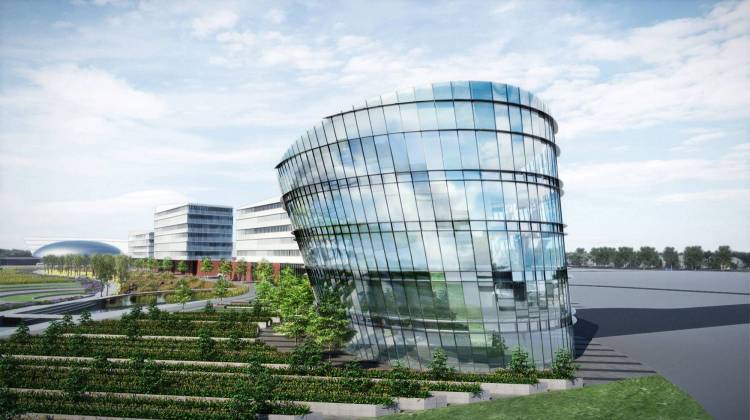
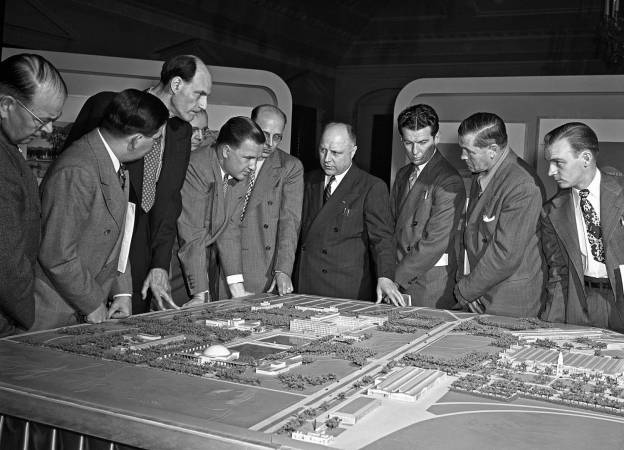
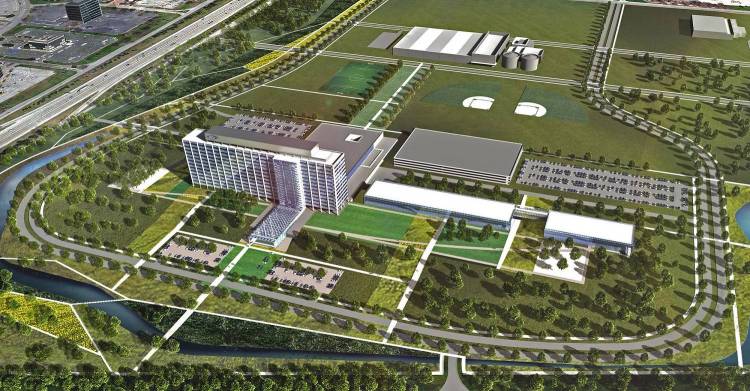
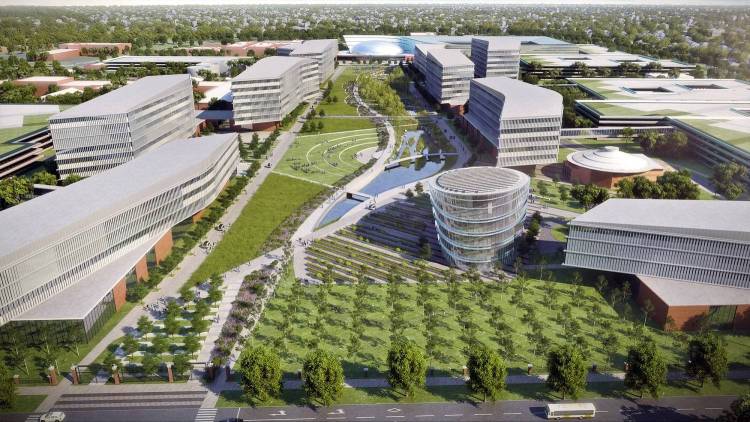
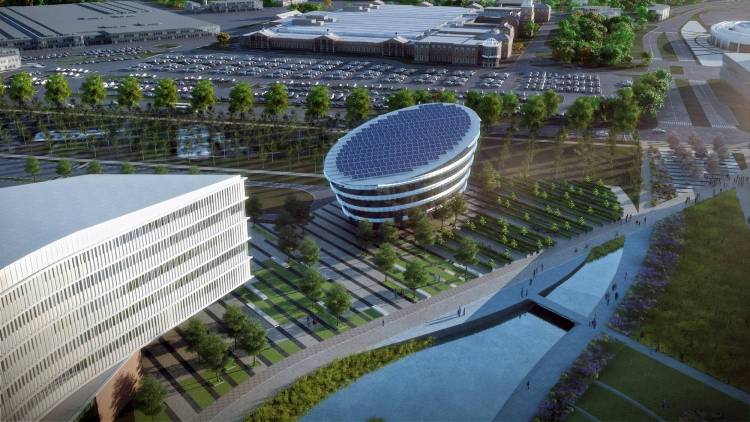
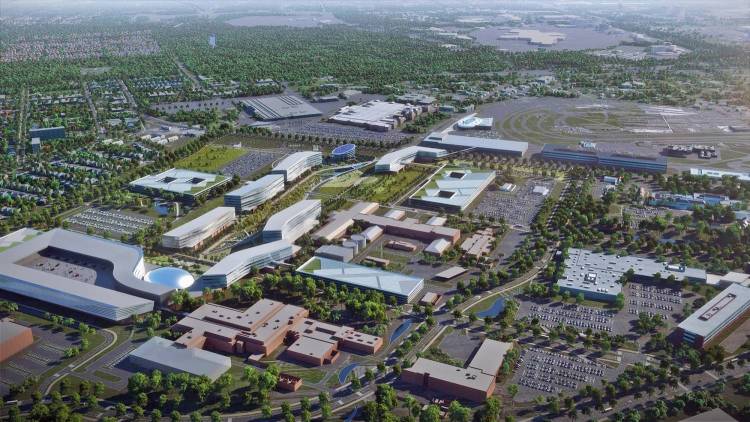
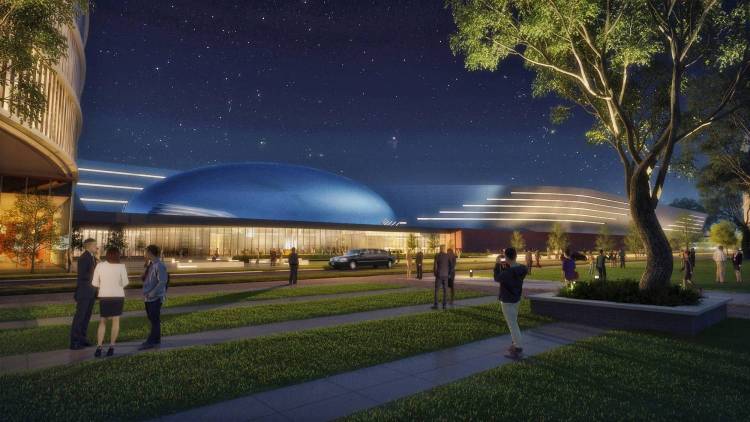
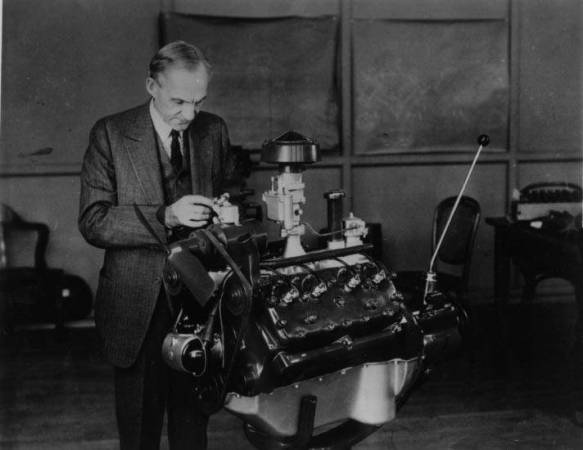
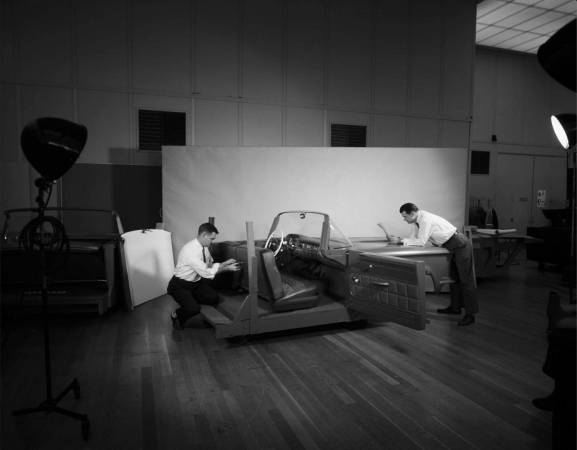
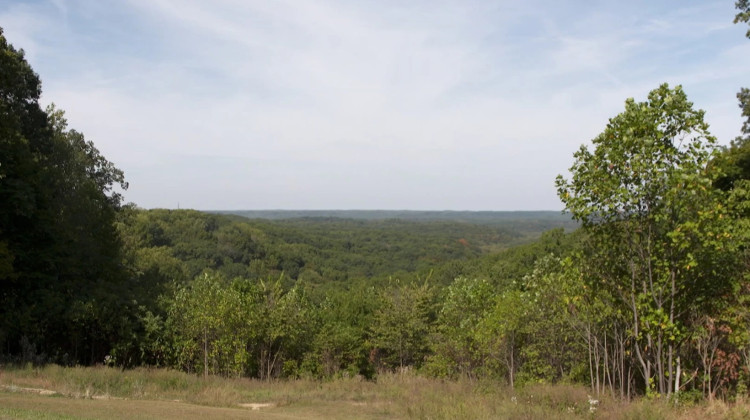
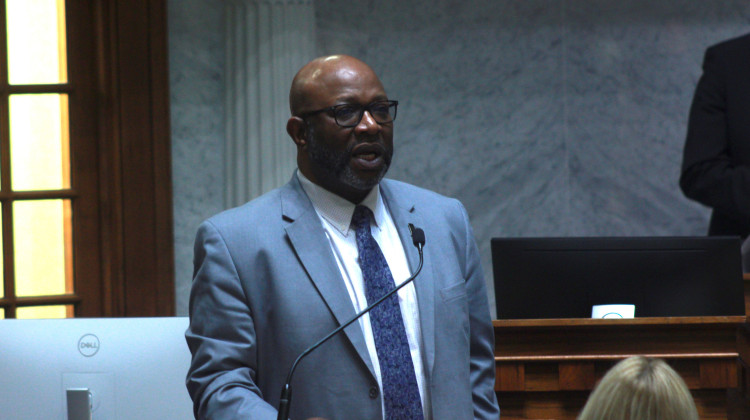

 View More Articles
View More Articles





 Support WFYI. We can't do it without you.
Support WFYI. We can't do it without you.